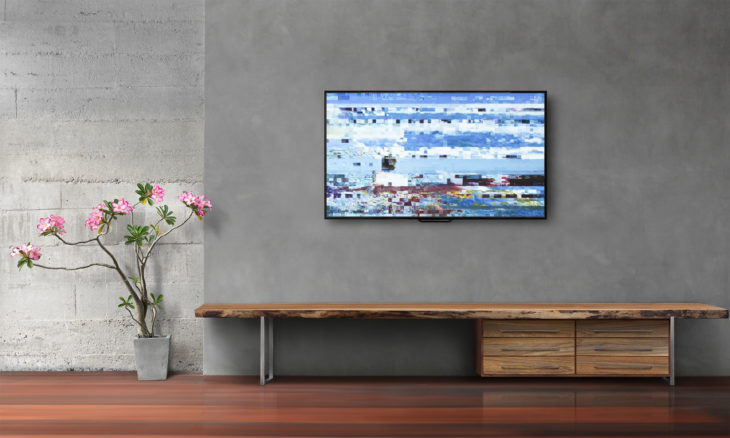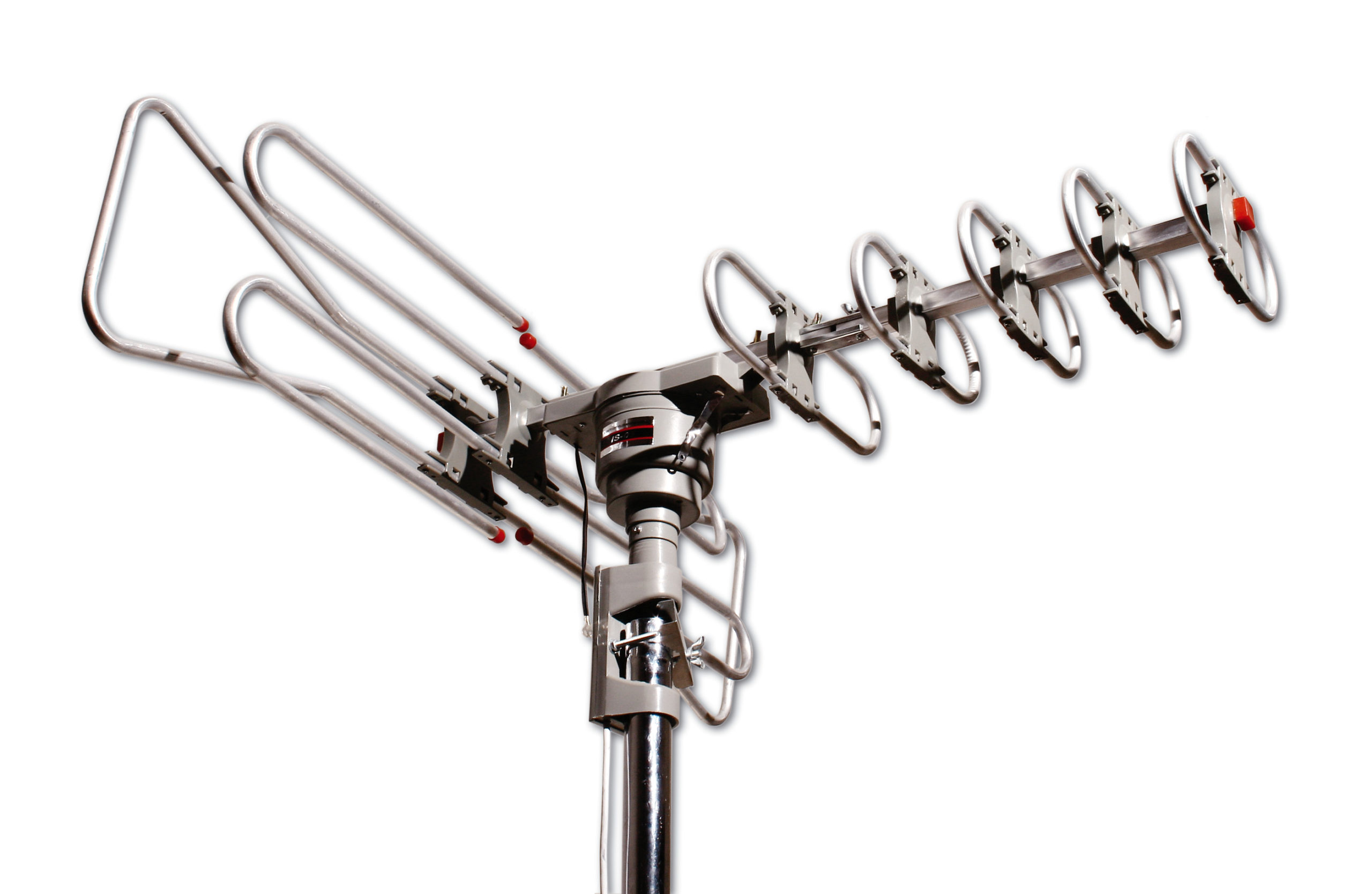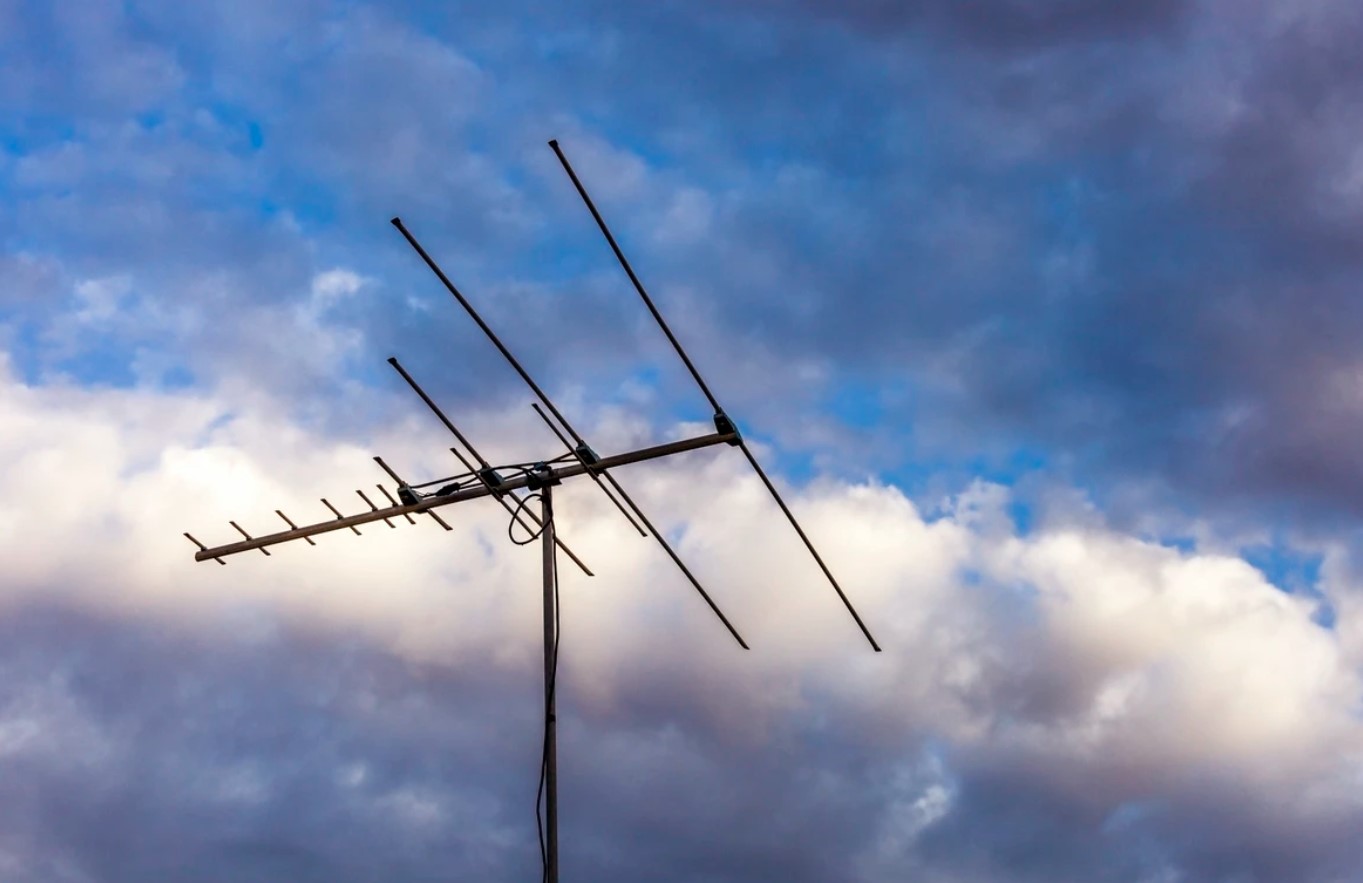
Why are Atmospheric Conditions Affecting the TV Reception
Have you ever been in a situation where you are watching your favorite show and all of a sudden, the image gets blurry, white noise appears on the TV and you cannot see or hear anything? Or even worse, you can hear the sound, but there is no image? That usually happens when there is a thunderstorm or when it is really windy outside. Throughout the years, people have been debating the atmospheric conditions and if they are affecting the television reception.
In the past, it seemed that the weather was affecting the reception in a different way, and if you remember the roof antennas, you probably know that when it was windy outside, you were expecting for the antenna to fall down and for you to be forced to wait the storm out. When the weather got better, someone from the family, got up on the roof and fixed it. The process was, the person on the roof was moving the antenna and the person inside was yelling if the reception was good or bad.
Those were fun times that we definitely don’t miss nowadays. However, that does not mean that now we are able to watch TV without being interrupted by sudden weather changes. The atmospheric pressure can affect the reception even on sunny days, and here we are going to tell you more about that.

Digital TV
We know what happened with the analog TV, if the signal was bad, then we were used to seeing blurry images, static, white noise and anything similar. Nowadays, when everything is digitized, we are experiencing different problems.
When the weather is bad and the signal is bad, then the TV simply freezes, we experience blank screens and sometimes there’s sound, but no picture.
That is happening because of the reception towers. When the signal is incomplete, there is no reception whatsoever. The good thing about this is that we don’t get bad HD channels. Have you ever wondered why sometimes when it is too hot outside the signal gets bad? But on the same note, when it is raining there is no interruption of the reception? Let’s see what happens in different weather and how that is affecting the television signals.
Heat
If it is just hot outside, chances are, nothing will happen to the reception. You will be able to watch your favorite shows without being interrupted. However, if the pressure is high, that can affect the TV signal.
When there is a huge difference between the air that is near the ground and the one that’s further up, a barrier between those airs may appear. We cannot see or notice that, but the broadcast signals may skip the cold air and travel farther than normal.
In situations like this, your reception may be interrupted by another signal that traveled too far. This is not something that occurs often and it should go away in a few seconds or minutes, but if you noticed it, you will know why is it happening. Tropospheric propagation usually occurs on cloudless summer nights when there is no wind and the air pressure is high.

Rain
When it is just raining outside, the television signal should be completely fine. However, in some cases of heavy rain, you may notice that the reception is being disrupted.
This is happening because when there are too many raindrops at once, they can absorb the power that is coming from the television signal. In cases like this, the signal is usually scattered or interrupted.
When compared to other occurrences, rain is most likely to affect your reception. Compared to the show, the raindrops are denser and they are more likely to scatter the signal. Even if there is hail outside, chances are, nothing will happen to your reception and you won’t be interrupted.
If your TV or receiver is not installed properly, they may be affected by weather more often than not. TaylorAerial suggests that working with a professional who has the needed knowledge of necessary signals for different digital services will save you a lot of time and won’t have to worry if everything is done properly.
Cold weather
Pretty much the same rules apply as the heat. Just the cold will not affect the signal, and it will not be disrupted. But, if there are sudden pressure changes, that can affect the reception.
When the air is not cooled down slowly, and when there are sudden changes in the pressure, the cold air may get trapped in one layer. This usually happens when the cold air gets trapped between the earth and a layer of warm air, or just between two layers of warm air.
The next thing that occurs is really similar to what happens with the tropospheric air. The signal from the tower may be misdirected and you may experience interference. Once again, this is something that should go away quickly and you may not even notice it.

Storms and wind
Usually, the storms and wind do not affect the reception. In some cases, if lightning strikes near you, there may be a brief interruption, but should not last more than a second or two.
When the antenna is not installed in the correct way and if it is not grounded properly, the electricity may cause the signal to freeze. This may also cause damage to your television and in some rare cases, it may cause a fire. Because of that, you need to be careful when you are installing an antenna, and you should use a professional service to make sure everything is done properly.
The wind does not usually interrupt the signals. However, it may affect the broadcast tower and scatter the signals, but this is not something that happens often.
Nowadays we rarely experience a bad reception, but it can still happen. You should know that these things usually get resolved on their own and that you don’t need to call your provider right away. However, if the problem persists and if you happen to have a bad reception for a longer period of time, you should inform your provider about the issue.